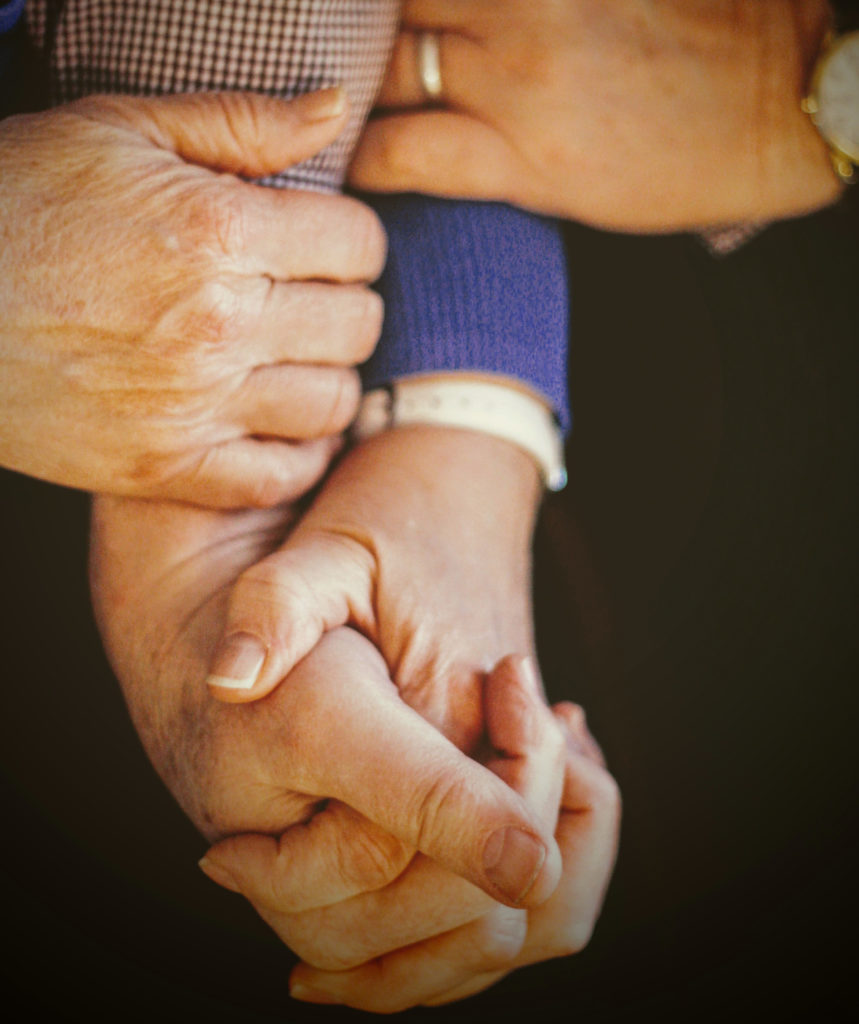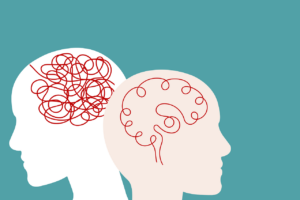
5 ways the COVID crisis has created an ageism crisis
Researchers who are studying the human aging process from a behavioral perspective are getting increasingly concerned that their efforts to reduce ageism in our society are rapidly undone during the COVID-19 crisis. Ageism includes the propagation of negative age stereotypes, discrimination against older adults, and stigmatization based on age.
Here are 5 ways in which the COVID-19 crisis has also created an ageism crisis that requires everyone’s attention. This attention, however, is of particular importance in health care settings and service industries.
1. In public discussions, older adults are regularly referred to as “the elderly.” The use of this word is by many professional organizations, including the Gerontological Society of America and the American Psychological Association, viewed as derogatory in nature. The reason for that is that the word “elderly” invokes images of frailty, vulnerability and senility. Yet, the overwhelming majority of older adults (e.g., persons over the age of 60 or 65) are neither frail, vulnerable or senile. Indeed, the majority of older adults lead vigorous and productive lives.
2. The public discussions also ignore that a person’s age is not a good indicator of that person’s level of functioning, and that older adults are the most diverse age group in our society. Therefore, a person’s age should not become the sole criterion whether this person receives testing or treatment during the COVID-19 crisis. Other criteria, such as a person’s symptoms, pre-existing health conditions, and other risk factors should become the decisive factors—for both older and younger adults. Indeed, it is important to not withhold important health care from younger adults (e.g., reversed ageism) with the argument that they are reserved for older adults. Such an approach only sows intergenerational division where intergenerational solidarity is needed.
3. Although the public emphasis on older adults’ greater susceptibility to COVID-19 may be well-intentioned, it is also important to keep in mind that it is not age per se that makes older adults more susceptible. Rather, it is the co-morbidities that are more likely to happen as individuals get older that make a person more vulnerable. For example, a 50-year old with asthma, type 2 diabetes, and cardiovascular disease may be more vulnerable to the COVID-19 virus than a healthy 70-year old. Again, age alone is just a number and we should not stigmatize anybody because of that number.
4. Another aspect of ageism that has re-occurred in public debates is the “greedy old geezer” argument. That is, older adults may create a disproportional burden on societal resources, such as the health care system, that would be better invested in younger generations. Although it is correct that the rate of hospitalizations is higher for older adults, it is currently not clear at all whether this is also the case for the rate of infection. As the pandemic unfolds, it may well be that the rate of infection will actually turn out to be significantly higher in younger age groups. This is another reason why it is important to refrain from blaming the old and to engage in intergenerational solidarity. Let’s face it: We are all in this together!
5. Finally, it is important to acknowledge that many older adults are making valuable contributions to their communities during the COVID-19 pandemic. Increasingly we are hearing stories that retired nurses and doctors are responding to the needs of their local hospitals and help with providing services either in testing lines, emergency rooms, and on hospital floors. Other activities that older adults are contributing to in their communities is the production of protective gear, helping with child care, and serving as caregivers to loved ones. Again, it is important to acknowledge these contributions and to refrain from thinking that “old = worthless.”
In summary, behavioral aging researchers advocate for a balanced portrayal of older adults in our society and remind us that later adulthood is a life stage that we all—if we have the good fortune to live long enough—will experience at some point in time.
ABOUT THE AUTHOR
Manfred Diehl, Ph.D., University Distinguished Professor, College of Health and Human Sciences





